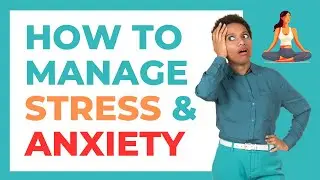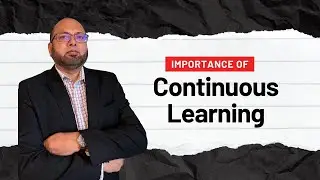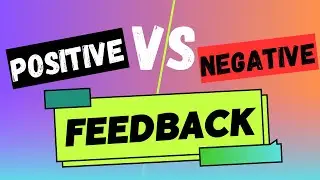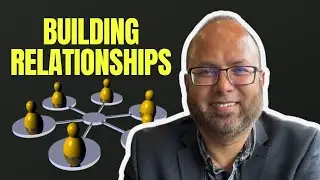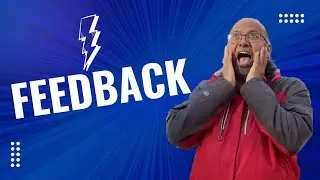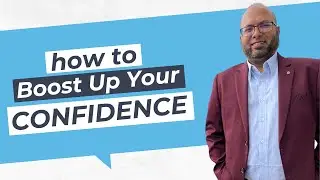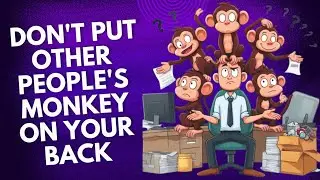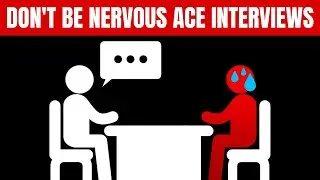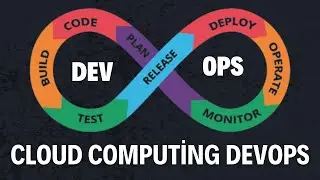How To Avoid Burnout How to Stop Taking on Others' Problems
Avoiding burnout and not taking on others' problems is key to maintaining emotional balance and well-being. Here are some strategies to help you:
1. Set Boundaries
Know Your Limits: Understand where your responsibility ends and where someone else's begins. It's okay to support others, but not at the cost of your mental health.
Practice Saying No: It's crucial to know when and how to say "no" when taking on more than you can handle.
Define Emotional Boundaries: Make it clear to yourself (and others, if necessary) that while you can empathize, you're not responsible for fixing their problems.
2. Recognize Codependency
Identify the Pattern: If you feel overly responsible for others' emotions or actions, this might be codependency. Take steps to break that cycle by recognizing the signs early.
Encourage Autonomy: Encourage others to take responsibility for solving their issues, and avoid stepping in to rescue them.
3. Focus on Self-Care
Prioritize Rest: Take time to rest and recharge. Self-care activities like meditation, exercise, and hobbies can help relieve stress and prevent burnout.
Daily Reflection: Journaling or reflecting on your feelings can help you become more aware of when you're overextending yourself emotionally.
4. Shift from Fixer to Listener
Listen Without Solving: Often, people just need to vent. Focus on listening without feeling the need to offer solutions.
Use Active Listening: Engage with their feelings, but avoid becoming emotionally involved. Phrases like "That sounds tough" can show empathy without taking on their emotional burden.
5. Practice Mindfulness
Stay Present: Mindfulness helps you stay grounded in the present moment and reduces anxiety from worrying about others' problems.
Breathing Techniques: Simple deep breathing can help you center yourself when you feel overwhelmed by someone else's issues.
6. Delegate Emotional Support
Encourage Other Resources: Instead of being the sole support, guide others to professional help if needed, such as therapists or support groups.
Ask for Help: If you feel overwhelmed, reach out to your own support network for guidance.
7. Recognize Signs of Burnout
Emotional Exhaustion: Feeling drained, even after resting, is a sign you’re taking on too much.
Detachment: If you feel disconnected from people or emotionally numb, it's a sign to step back and reassess your boundaries.
Do any of these strategies resonate with you in your current situation?
In this video, we explore Avoiding Burnout: How to Stop Taking on Others' Problems by using the powerful analogy of "Don't Put Other People's Monkey on Your Back." Learn essential strategies for maintaining your mental and emotional balance:
Understand the natural tendency to listen and empathize with others.
Discover the critical boundary of not making their problems your own.
Learn how getting consumed by others' issues can affect your job performance and well-being.
Avoiding Burnout: How to Stop Taking on Others' Problems is crucial for anyone who wants to stay productive and mentally healthy.
Remember, you can be supportive without carrying the burden yourself. Learn how to keep your balance and thrive!
🔗 Join our free Skool community for more insights and support:
skool.com/agile-leaders
00:00 Introduction
00:16 Monkeys on your back
01:45 Listen to people
02:00 Unload their problems








